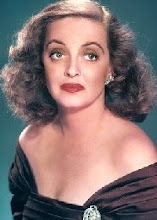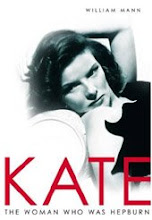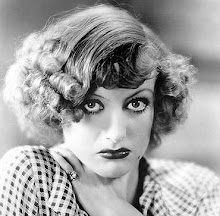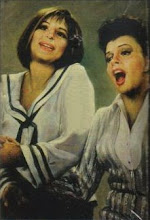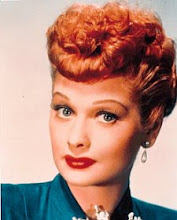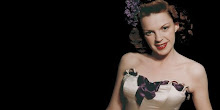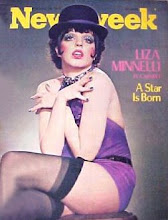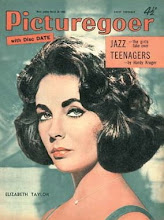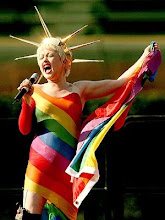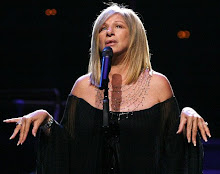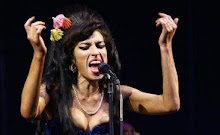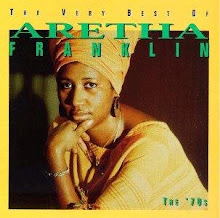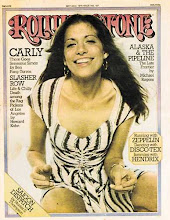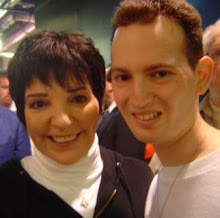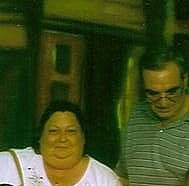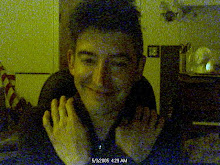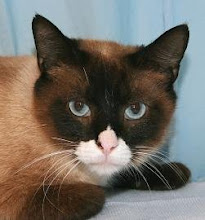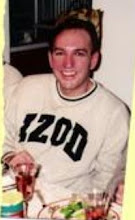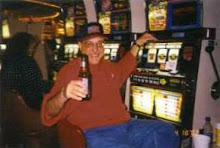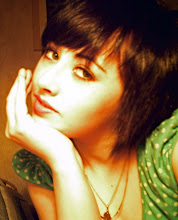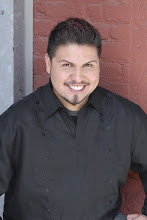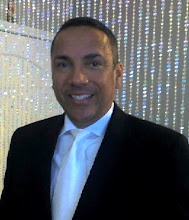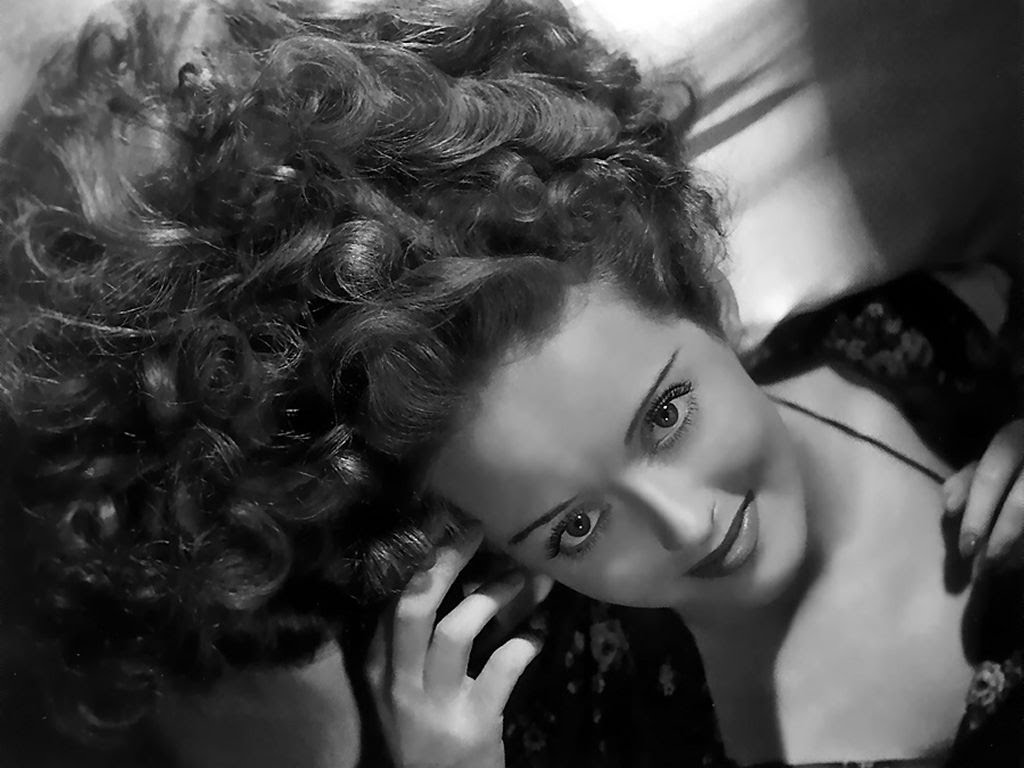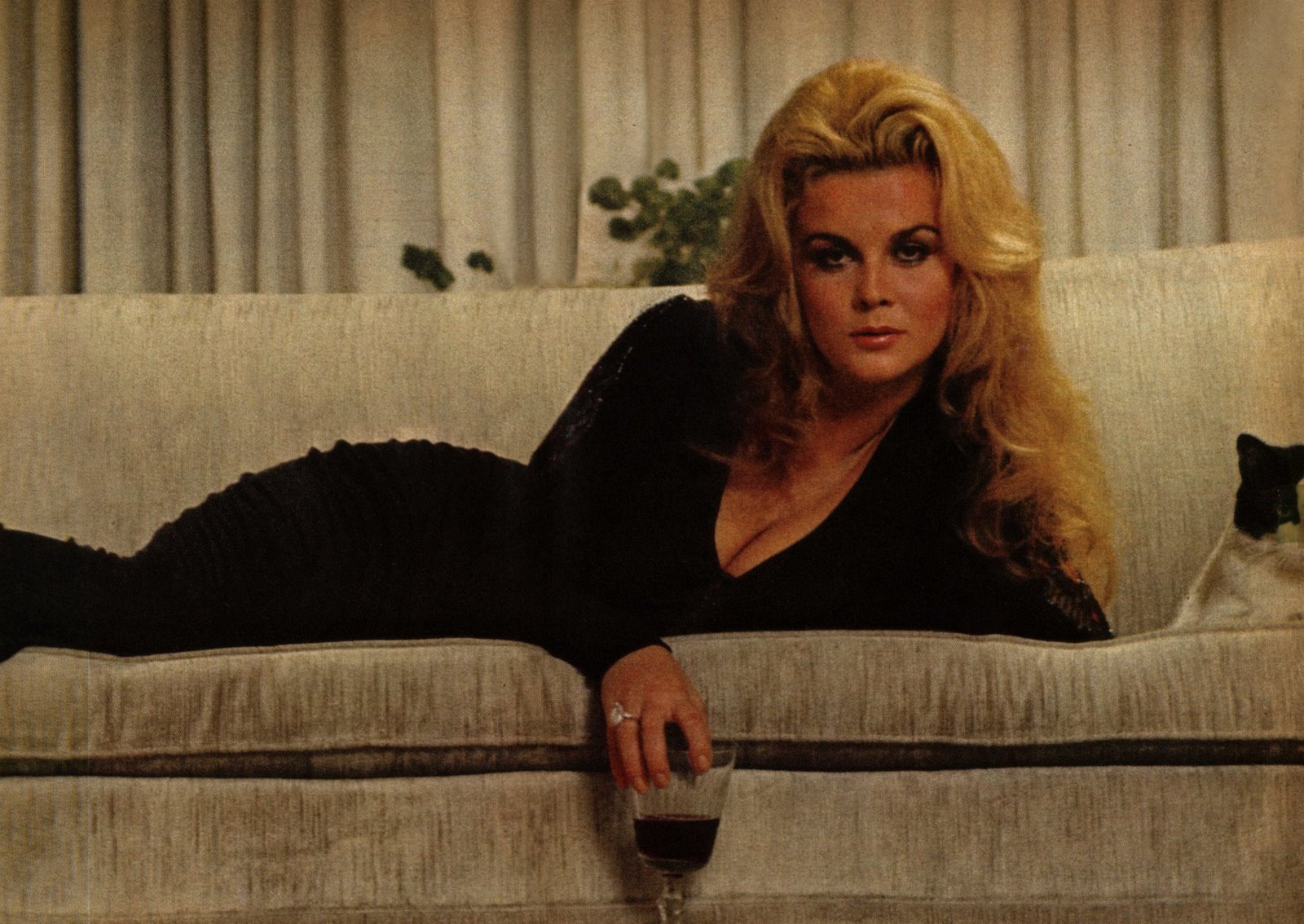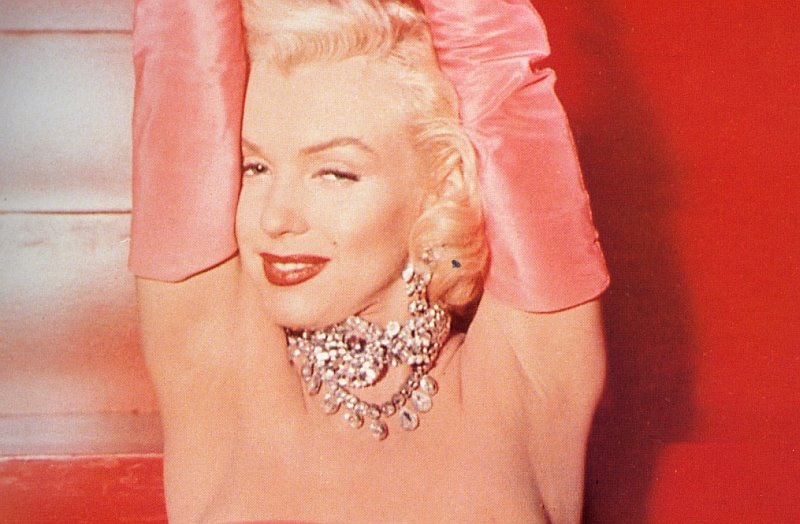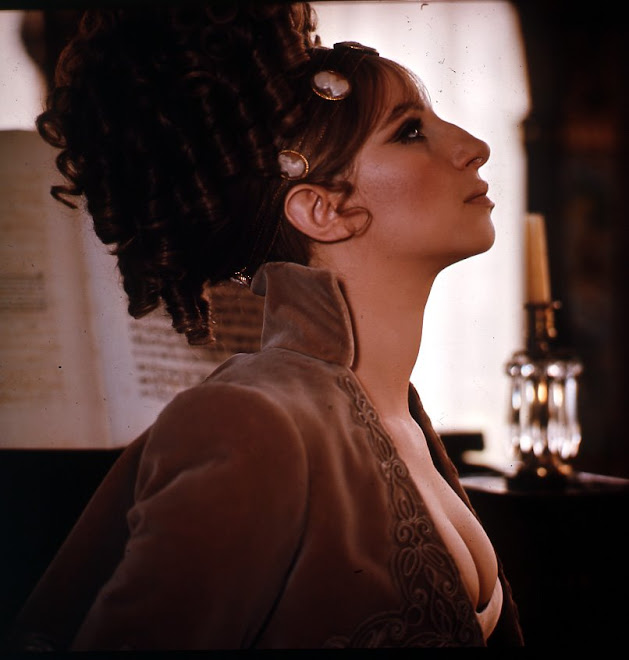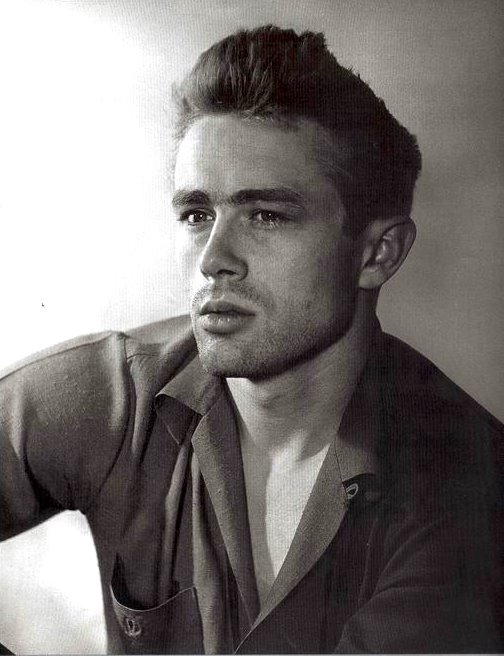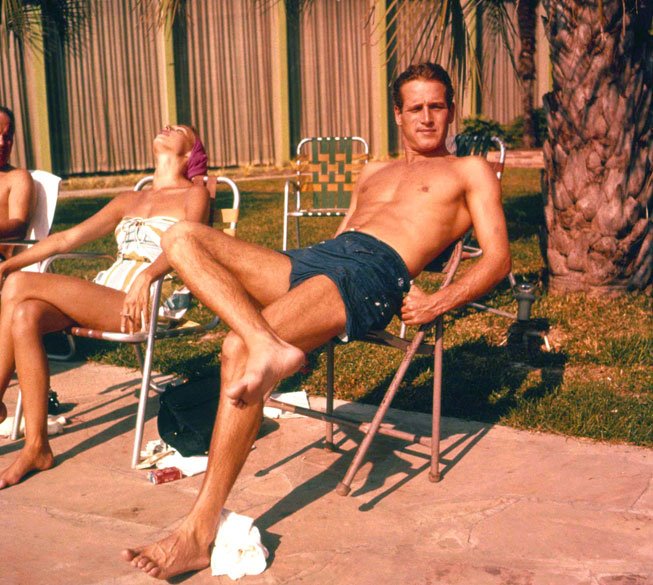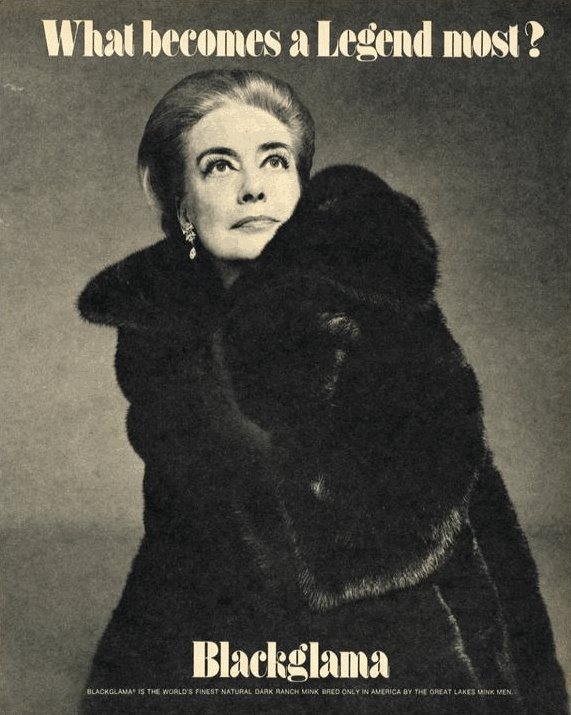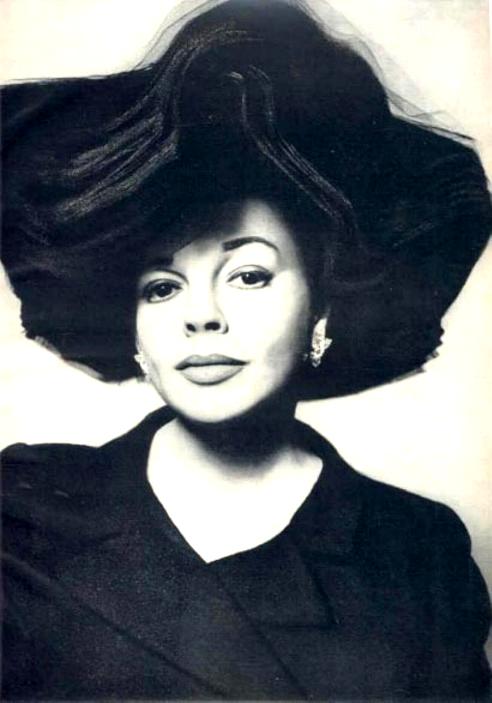By Susan G. Cole
Cyndi Lauper’s a little sick of being called a gay icon. I try it out on her and get a bit of a slapdown.
“Don’t call me that,” she says. “Sometimes the icon thing, it sounds frivolous. It’s not only about makeup.”
She thinks about that for a second and relents. “...although I love makeup. I am the Viva Glam girl. I actually regret that I have only one face for all this makeup.
“But I’m not Streisand, I’m not Liza Minnelli. I don’t even dance. I tried doing that once at the Gay Games in 1994, but the shoes alone made that hard.”
Reading her words doesn’t give you the full sense of what it’s like to chat with one of the world’s most enduring pop stars. Let’s just say that when she gets on a roll, it’s impossible to stop her. We’re eight minutes into what’s supposed to be a 15-minute interview before I try to sneak in another question.
“I just have to finish what I was just saying,” she says.
Then there’s that voice, and the squeaky, heavy-duty Queens accent that makes her sound like she’s five years old and not the veteran singer and actor with 10 albums behind her, a Grammy and an Emmy, too. So “Don’t call me that” comes across as “Dooo’nt coo-all me thee-at.”
Though she rejects icon status, she does allow that she’s super-connected to the queer community. Her story about that is, as she says, not frivolous at all.
“I thought of the gay community as a refuge to get away from, well, straight people, actually, who kept asking, ‘Why are you so different?’ and I couldn’t take it any more.”
When she was asked to sing at the Gay Games in 1994, she jumped at the chance. But she was upset at the way the organizers treated the drag queens.
“The drag performers weren’t celebrated, and nobody wanted to focus on them. They were never even on the Jumbotron,” she recalls. “And I got a little mad and thought to myself, ‘Okay, don’t show them. I’m gonna make a video. I’m gonna make these gays famous. And I’m not just gonna show their shoes – you’re going to get to know them.’”
After she made the video for Hey Now in Europe, her friends encouraged her to get her own float in New York’s Pride parade.
“A guy came up to me and handed me a rainbow flag and said, ‘Your song True Colors inspired me to design this flag,’” she recalls. “I’d written sang the song for my friend Gregory, who died of AIDS.”
Since then, she’s helped launch the True Colors tour, with proceeds going to gay rights groups, and the True Colors shelter for queer youth in New York City. She also recently launched the Give A Damn campaign to promote respect for queer people – that’s the TV spot in which Oscar winner Anna Paquin comes out as bisexual – and appeared on TV’s The Celebrity Apprentice, naming True Colors her charity.
Lauper says she’d been hearing about kids at risk for years.
“When you’re a teenager, the streets are hard – and it’s harder when you don’t have your family. People were writing me, and I kept hearing the same story about being thrown out, losing your friends, losing your job, being discarded. I’m a mother now, and I know I could never do anything like that, fucking never.
“You can’t work in a community and look at people and see something terribly wrong and not step in.”
When I jokingly express the wish – shared by many of her queer fans – that she switch sides and join the gay team, she is again not amused.
“We need straight people to step up and change things, because in our country gay people don’t have civil rights. This is a civil rights movement. We need the straight community to stand beside our gay sisters and brothers to make change. We need the power of the people – and that means all of the people.”
At the June 7 meeting at the 519 in support of free speech at Pride and to organize against Pride’s decision to ban the term “Israeli apartheid” at the big parade (Pride has since changed its mind about that), some activists suggested taking action at Lauper’s big concert Saturday (July 3) at Queen’s Park. Next to the Pride Day parade, her event is considered this year’s biggest draw. When I ask Lauper what she thinks about a protest at her gig, she gives it some serious thought.
“Oh,” she says, and I can almost hear the gears turning inside her head. “In a way it is like apartheid [in Israel], because the Palestinians are outside of the city like the South African blacks were.
“They [Queers Against Israeli Apartheid] should hand out information so people can read about it. For crying out loud, if people can hand out pamphlets for hamburgers or manicures, [QuAIA] should hand out theirs, as long as it’s backed up by information. If you have people’s stories, that’s the best.”
With all the political talk and Lauper’s high-profile support of the LGBT community, it’s easy to forget that she has a new album.
Memphis Blues (Downtown) features covers of blues classics, including Rollin And Tumblin’ and Wild Women Don’t Get The Blues. It could be seen as a major departure for one of the queens of pop, but Lauper says that isn’t so.
“This album is like coming home. I was trained by [jazz singer] Betty Scott. She was the one who taught me to listen to Billie Holiday. This is the basis of everything I’ve ever sung. Everything is based on blues and call-and-response – dance, rock, hip-hop.”
Lauper also got the benefit of some of the genre’s greatest session players.
“When Ann Peebles walked in to do guest vocals, I cried. I wanted to tell her how many times I sang with her in a hotel room, how many times I listened to I Can’t Stand The Rain.”
Lauper even got work from Skip Pitts, the man who played the wah-wah guitar hook on Isaac Hayes’s R&B classic Shaft.
“How many times have I been in a recording studio and said to the guitarist, ‘No, no, I want it like the guitar in Shaft’?” she asks me rhetorically. “Then I’m in the studio and I turn around and there he is – Skip Pitts.”
susanc@nowtoronto.com
NOW
June 30-July 7, 2010
VOL 29 NO 44
Go to Music
Thursday, July 1, 2010
Subscribe to:
Posts (Atom)



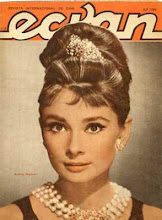
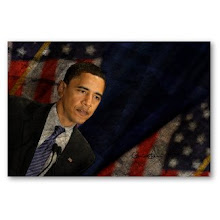
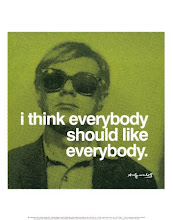








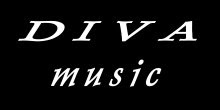
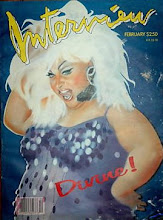

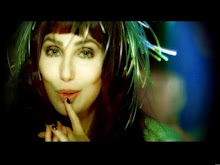
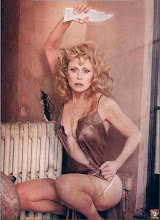
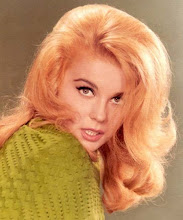

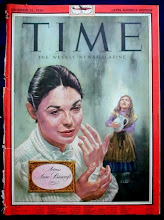


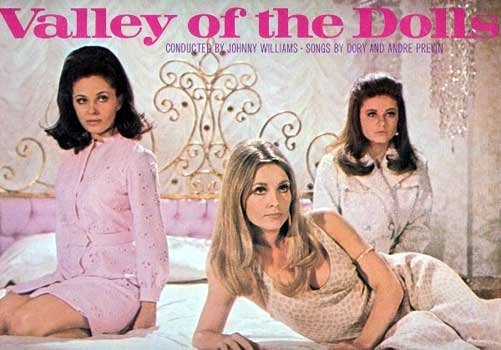
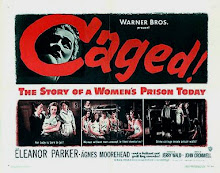

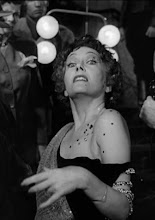

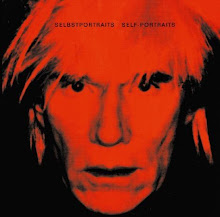
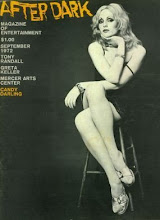
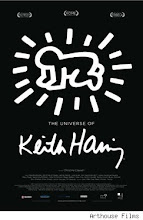
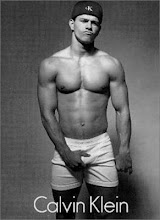

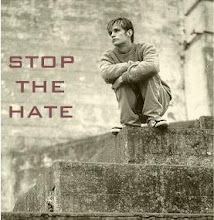


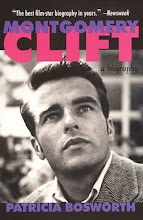
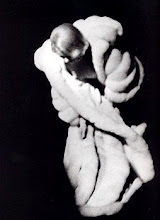
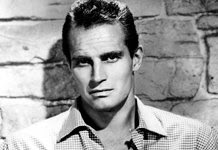

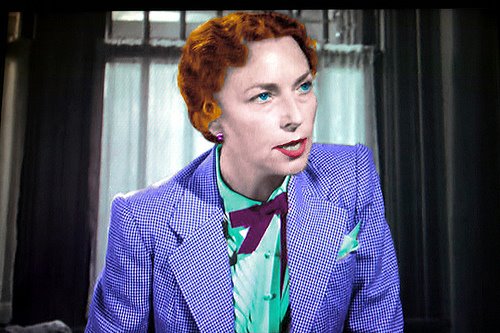

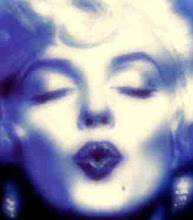
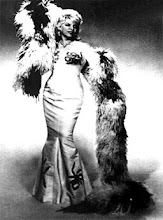
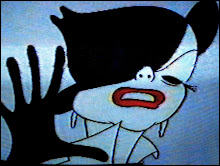.jpg)
